
Freud’s Last Session (2024, dir. Matthew Brown)
Certificate: 12A
Running Time: 109 mins
UK Distributor: Vertigo Releasing
UK Release Date: 14 June 2024
WHO’S IN FREUD’S LAST SESSION?
Anthony Hopkins, Matthew Goode, Liv Lisa Fries, Jodi Balfour, Jeremy Northam, Orla Brady
WHO’S BEHIND THE CAMERA?
Matthew Brown (director, writer, producer), Mark St. Germain (writer), Alan Greisman, Hannah Leader, Tristan Orphen Lynch, Rick Nicita, Robert Stillman and Meg Thomson (producers), Coby Brown (composer), Ben Smithard (cinematographer), Paul Tothill (editor)
WHAT’S IT ABOUT?
In 1939, Sigmund Freud (Hopkins) meets with C.S. Lewis (Goode)…
WHAT ARE MY THOUGHTS ON FREUD’S LAST SESSION?
A common criticism with movies based on stage plays is that they don’t always translate well for the screen as they do for the theatre. Limited or even singular sets, as well as a heavy reliance on dialogue to tell the story, all go against what audiences expect from a much more visual realm like film, and while there are times when screen adaptations can overcome their stage roots just fine, more often than not it’s hard to remove the theatricality from stories originally intended for the stage.
That is more or less the case with director Matthew Brown’s Freud’s Last Session, which is adapted from Mark St. Germain’s play of the same name, itself an adaptation of Armand Nicholi’s book The Question of God. That book, like St. Germain’s play and this film version, pits two wildly different historical figures – the renowned psychoanalyst Sigmund Freud and the revered writer C.S. Lewis – against each other in an imagined debate about a variety of topics, including their takes on religion and faith. All of that sounds like it would be prime material for the stage, with two popular figures engaging in a fierce conversation about their polar opposite views on such things. On the screen, however, there is scarcely a reason to get excited by it, for it is unfortunately a tedious and rather dull cinematic experience.
Taking place on September 3rd in 1939, the very day that Britain declares war on Germany, we spend the majority of the movie at the London home of an aging Sigmund Freud (Anthony Hopkins), who had previously fled his native country of Austria with his fiercely loyal daughter Anna (Liv Lisa Fries) and is now receiving treatment for his oral cancer. One of his appointments for the day happens to be C.S. Lewis (Matthew Goode), an Oxford don who has recently converted to Christianity following a period of atheism, and is also still suffering from trauma following his experiences in the previous war, something that isn’t helped by the day’s biggest news.
What follows is, essentially, a debate movie. Both men present their cases for a wide variety of talking points, most notably their stern stance on the existence of God. Freud is convinced there is no such thing; Lewis very much believes there is a higher power; much bickering ensues; wash, rinse, repeat for pretty much that and everything else they discuss.
The problem is, at least in this film version – on which St. Germain is credited as a co-writer with director Brown – the conversations they have aren’t very interesting. There are certainly some fascinating topics that they’re discussing, but it’s difficult to get behind either argument because neither is presented as particularly compelling, as they tend to go no deeper than what the issues are on their surface, which for a film about two great minds like Freud and Lewis is strangely empty in its thoughtfulness. Dramatic engagement is staggeringly low as a result, additionally because their arguments struggle to convey much analysis of these historical characters, with these takes on Freud and Lewis being strictly confined to the respective personalities of an embittered narcissist and a slightly judgemental prude, with little or no room for personal growth. In short, you’re watching two stuffy gentlemen bicker endlessly with each other for 100 minutes while saying or doing nothing that ultimately changes them by the end, which is not exactly prime big-screen entertainment as it may well be for the stage.
Because the central concept is so unengaging, you’re constantly trying to find other elements that could lift an otherwise uneventful film. One such thing is the fact that both Anthony Hopkins and Matthew Goode are excellent in the film, with their performances easily elevating the dense material and providing a strong enough screen presence to just about hold your attention, even when the stuff they’re talking about is as fruitless as an empty bowl. There is also a somewhat intriguing strand focusing Freud’s daughter Anna, who is depicted here as someone who is clearly in an unhealthily codependent relationship with her father, which in turn has led to a noticeable lack of confidence, including when it comes to her romantic relationship with lesbian partner Dorothy Burlingham (Jodi Balfour).
Unfortunately, even those elements aren’t enough to entirely turn Freud’s Last Session into a film that is worth seeing. It is somehow both overwritten and underwritten at the same time, digging into a wide number of talking points but barely even scratching the surface on any of them, while struggling to give the viewer a compelling enough reason to care all the same. It is more often than not tedious to sit through, with the performances by two esteemed actors doing all the heavy lifting around a script that constantly stumbles in providing a basic sense of drama and intrigue, and it just isn’t especially interesting in its execution to convince the audience that they’re watching something truly cinematic.
On the stage, it could well be a completely different story (though I hope the original play digs a little bit deeper into its themes). On film, though, it’s a session where you’ll be counting down the minutes until its completion.
SO, TO SUM UP…
Freud’s Last Session is an unengaging debate drama that relies heavily on dialogue-led discussions about various topics, but by barely scratching the surface of most of them, in addition to presenting its two central figures as two men incapable of personal growth, it amounts to very little by its underwhelming end.





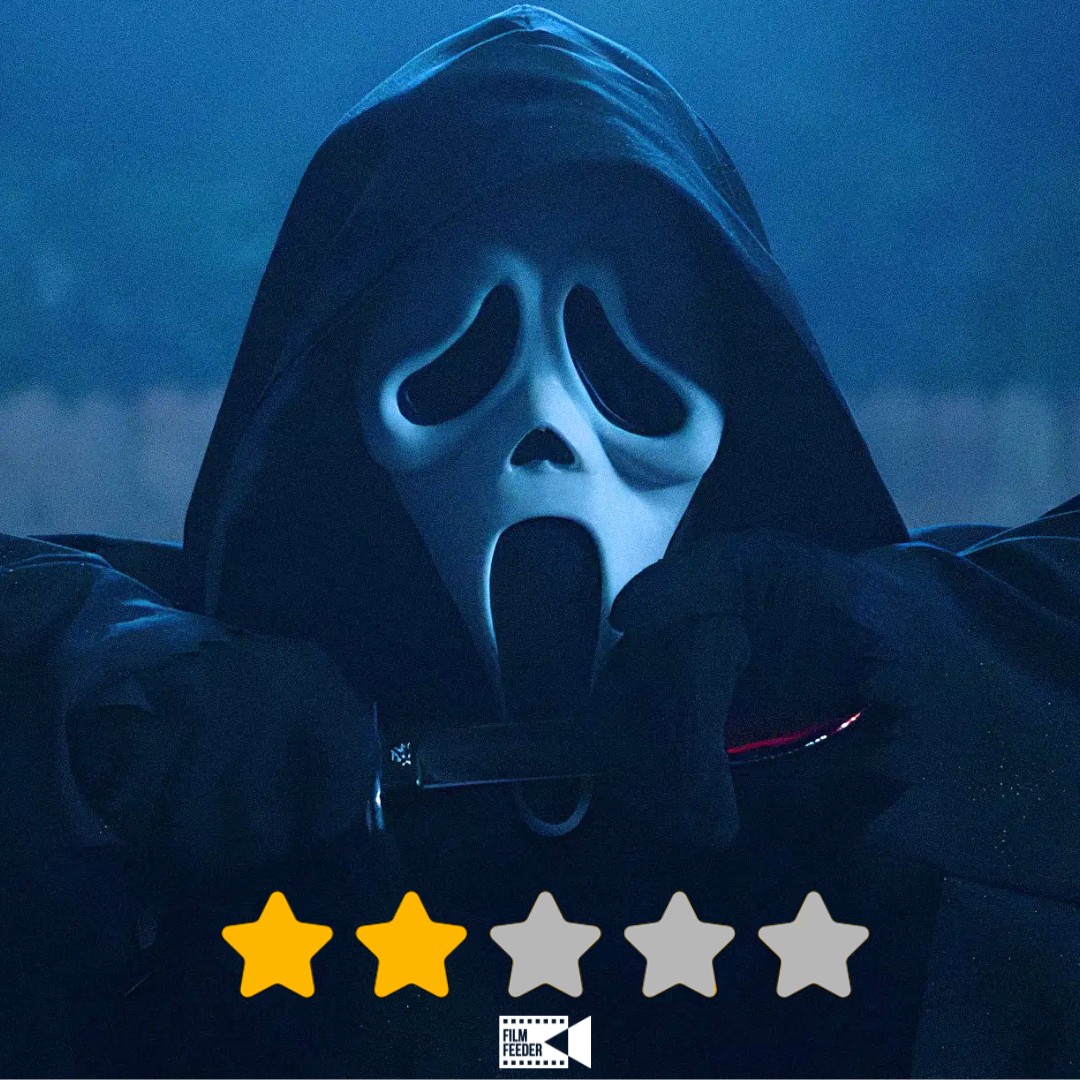

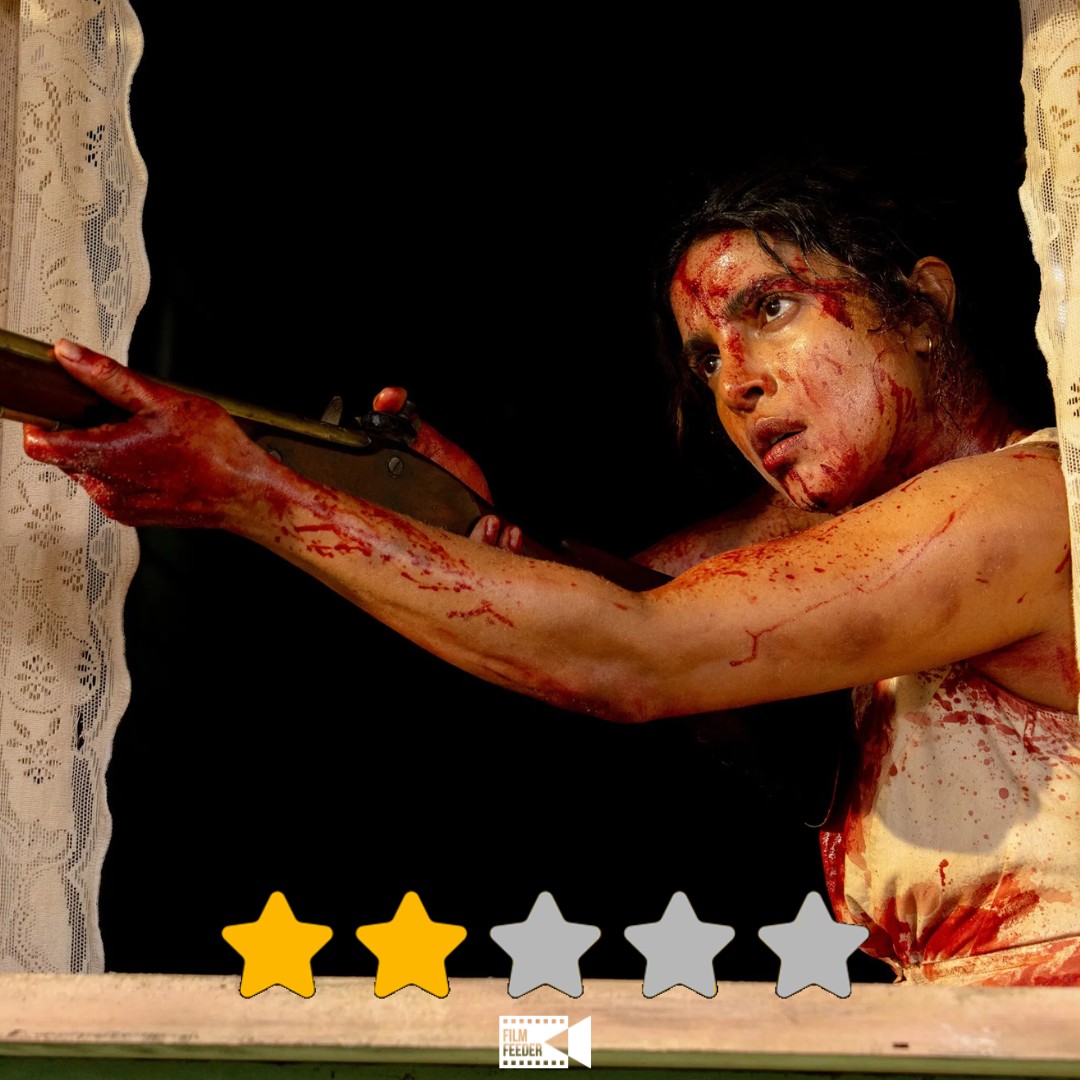
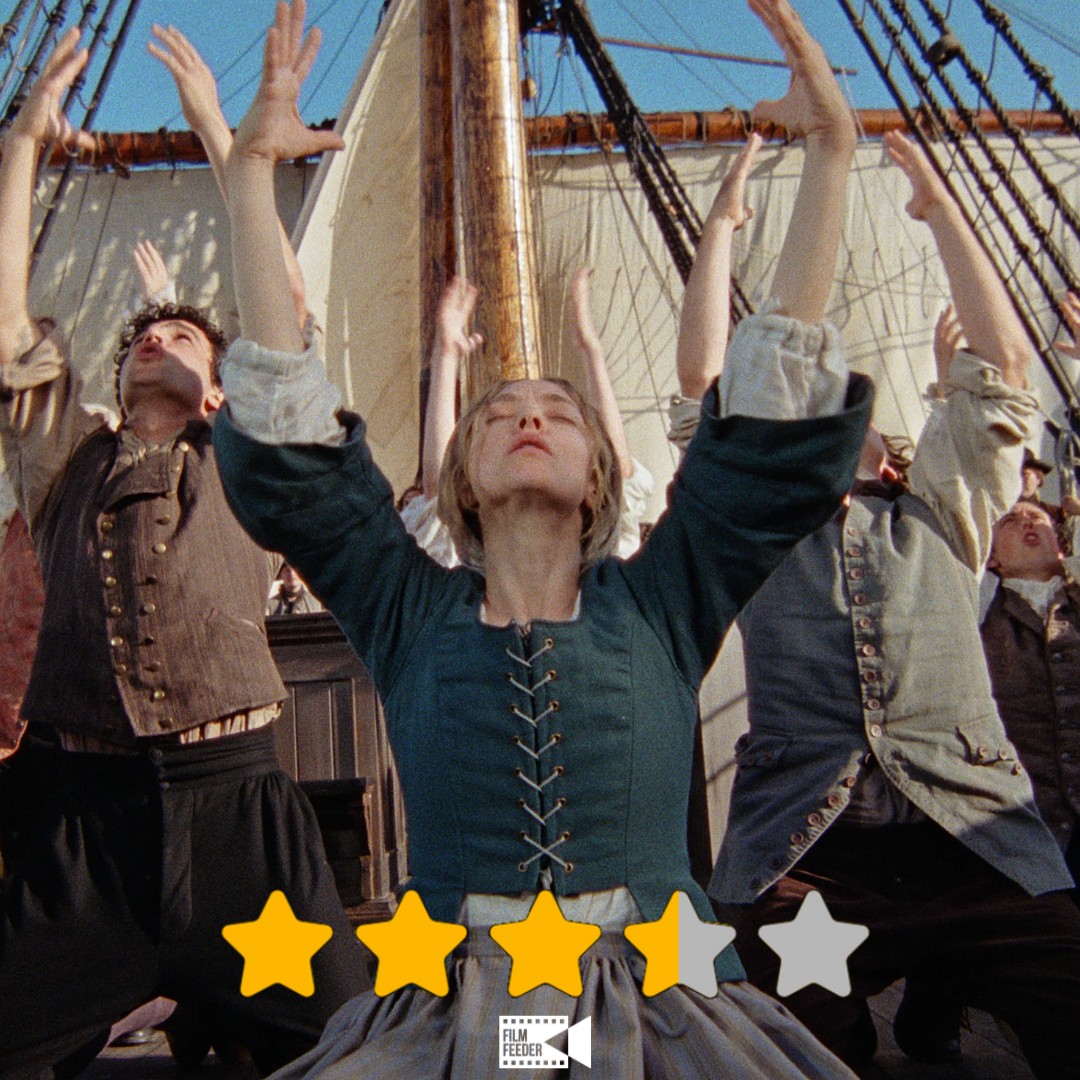
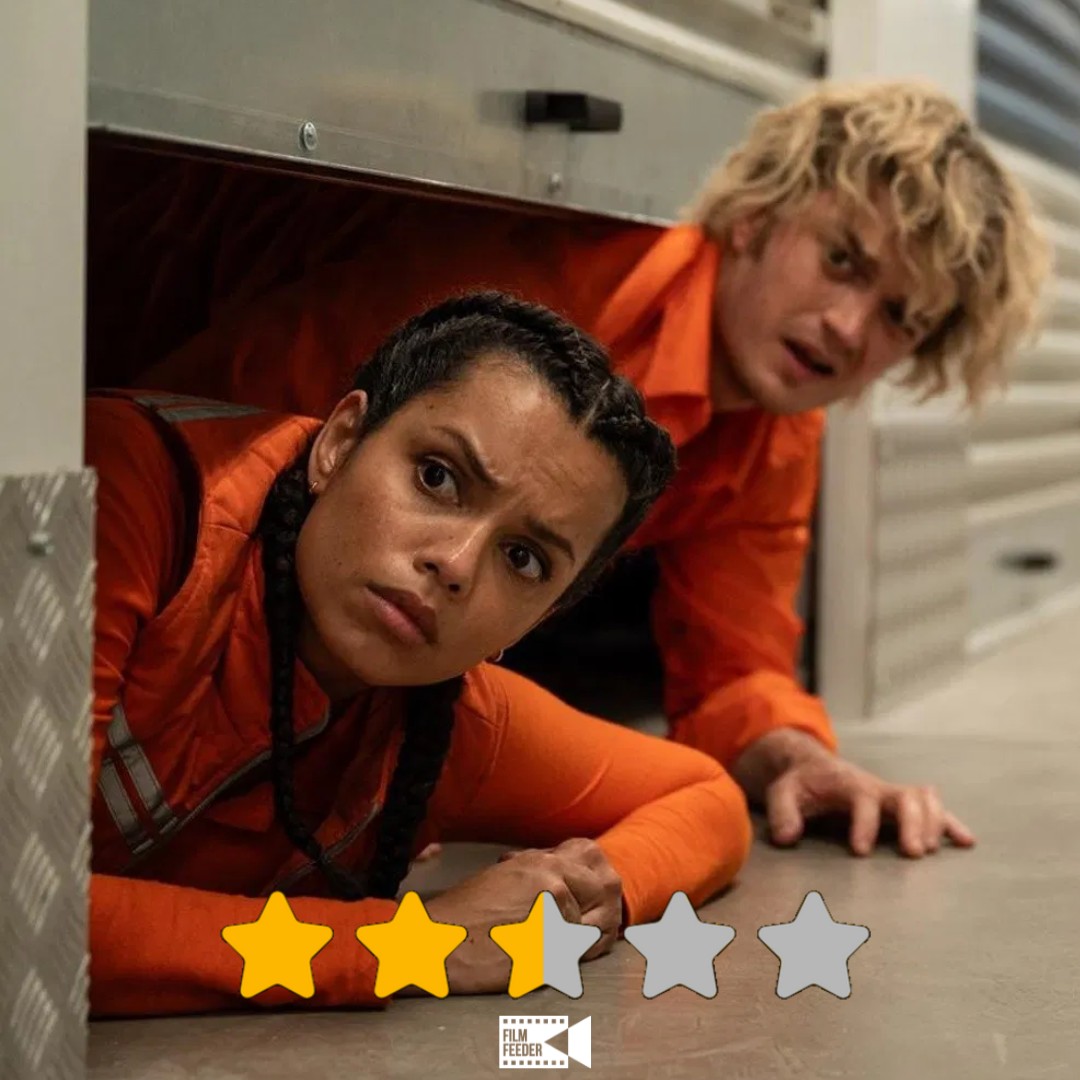

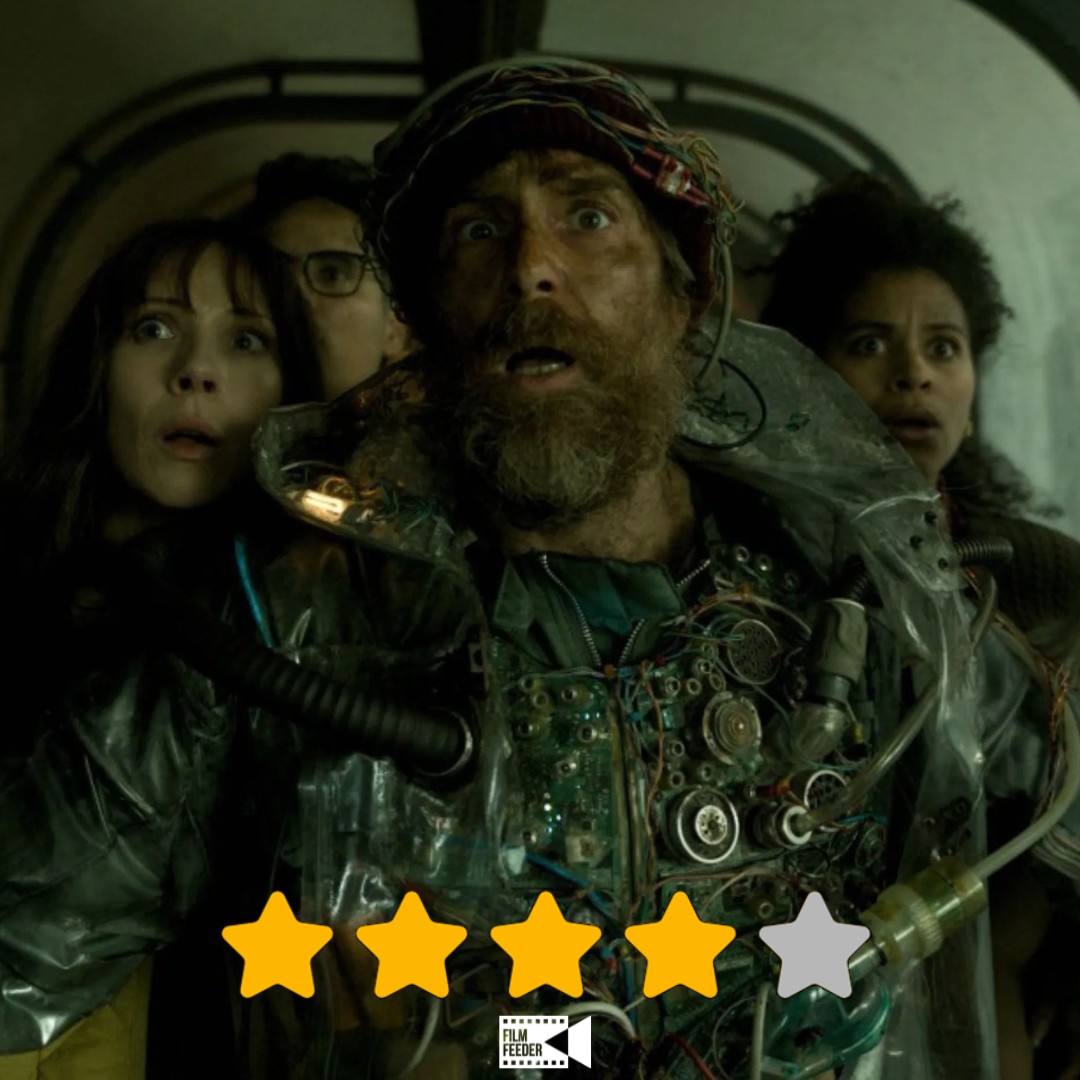
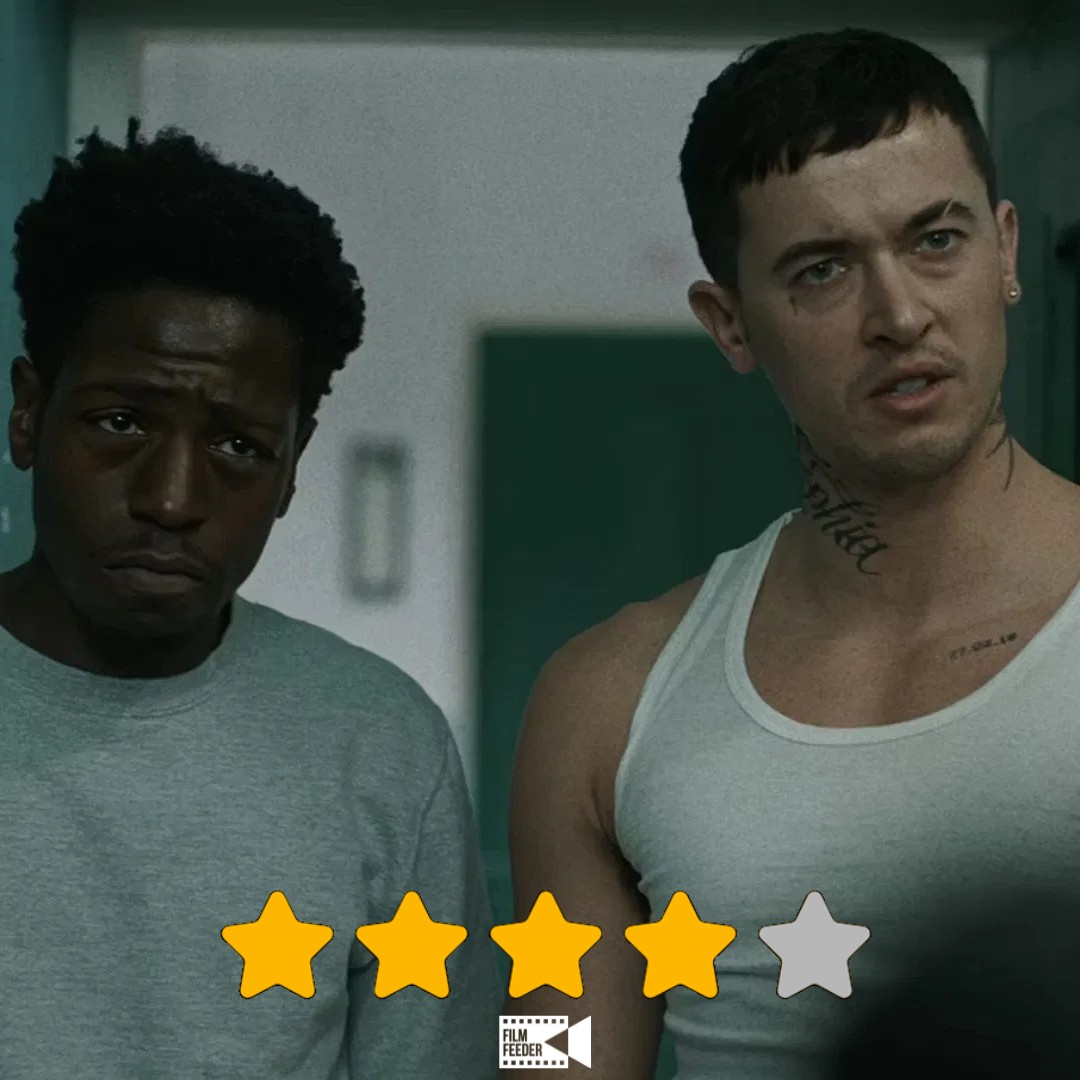
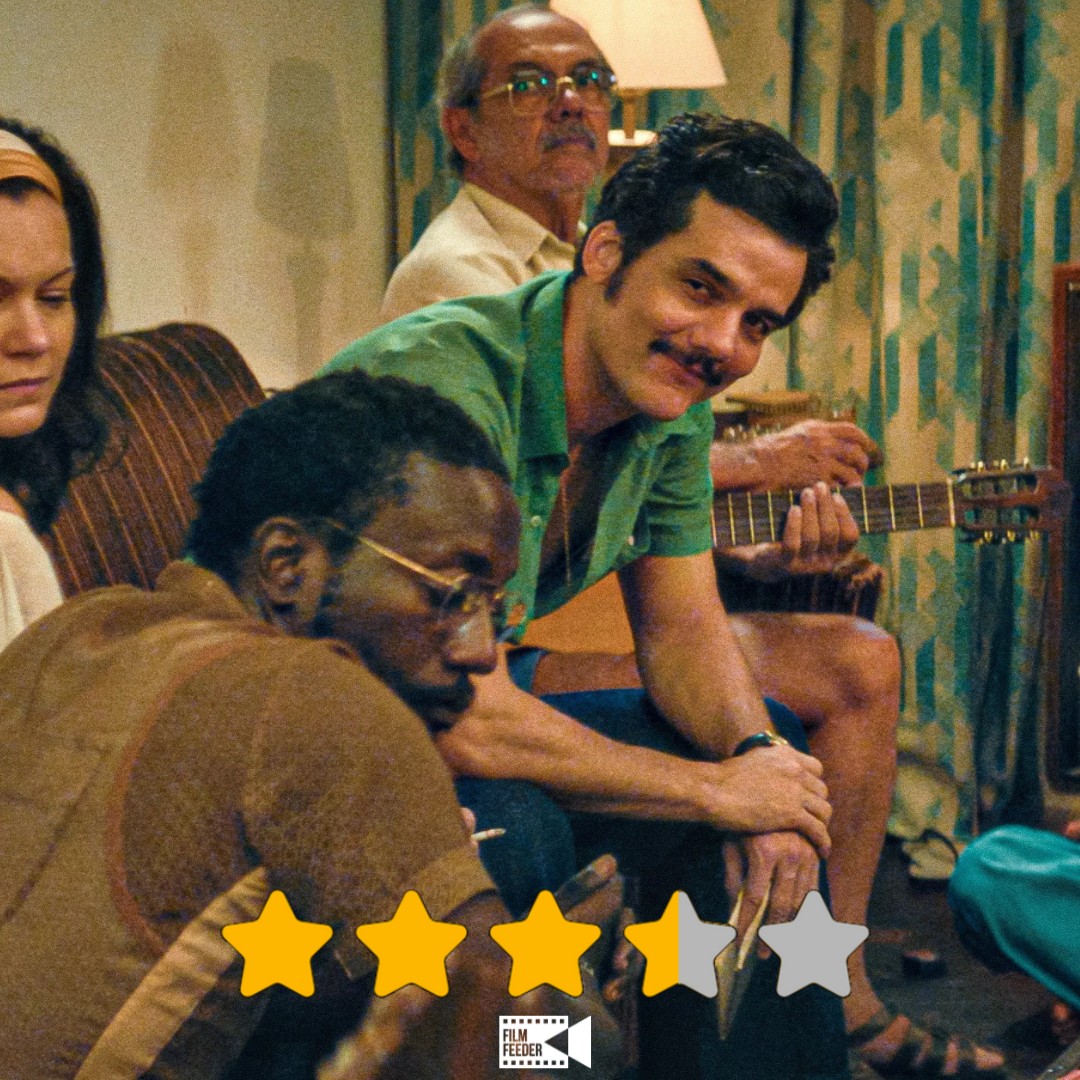
0 Comments